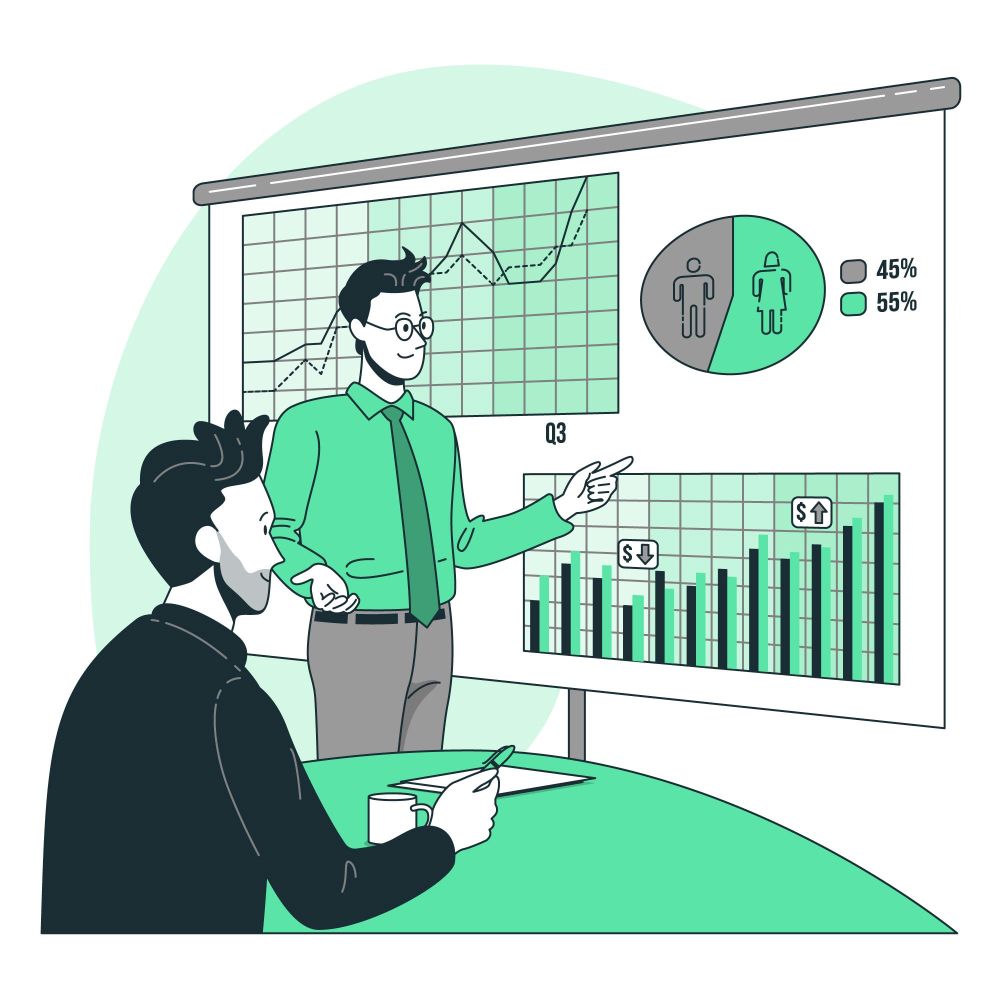
What is Futures Trading?
Futures are derivative instruments that derive their value from underlying assets like stocks, indices, currency pairs, or commodities. Their prices fluctuate based on the movement of these assets.
Key Aspects of Futures Trading:
- Used for profit opportunities or hedging against risks.
- Requires a small upfront payment, not the full amount.
- Buyers hold a long position, sellers hold a short position.
- Prices change with the underlying asset, affecting profits or losses.
- BSE and NSE regulate futures trading in India.
Trading in the Futures Market
Futures contracts allow traders to hedge against price fluctuations or profit from market movements without buying or selling the actual asset. These contracts are available for stocks, indices, currency pairs, and commodities.
There are two key participants in futures trading:
- Hedgers: Businesses or individuals who use futures to protect against sudden price changes in the underlying asset.
- Speculators: Traders who seek to profit from price movements without owning the actual asset.


Trading in the Futures Market
Futures contracts allow traders to hedge against price fluctuations or profit from market movements without buying or selling the actual asset. These contracts are available for stocks, indices, currency pairs, and commodities.
There are two key participants in futures trading:
- Hedgers: Businesses or individuals who use futures to protect against sudden price changes in the underlying asset.
- Speculators: Traders who seek to profit from price movements without owning the actual asset.

What is Options Trading?
Options are derivative instruments that derive their value from underlying assets like stocks, indices, currency pairs, and commodities. Unlike Futures, Options provide the right but not the obligation to buy or sell an asset at a fixed price before a set date.
Key Aspects of Options Trading:
- Provides the right, not the obligation, to buy or sell at a fixed price before expiry.
- Requires only a small upfront payment, not the full asset value.
- Includes Call Options (buy) and Put Options (sell).
- Used for hedging and speculation to manage risks or profit from price changes.
- Regulated in India under the F&O segment on BSE and NSE.
Trading in the Options Market
- No Obligation to Buy: Unlike Futures, Options allow buyers to choose whether to execute the contract.
- Predetermined Price: Locks in a future price for the underlying asset without a mandatory purchase.
- Seller’s Obligation: If the buyer exercises the contract, the seller must sell at the agreed price.
- Upfront Payment: Buyers pay a premium for the right to execute the contract.
- Digitally Recorded: No physical documents are exchanged; transactions are recorded by the stock exchange.


Trading in the Options Market
- No Obligation to Buy: Unlike Futures, Options allow buyers to choose whether to execute the contract.
- Predetermined Price: Locks in a future price for the underlying asset without a mandatory purchase.
- Seller’s Obligation: If the buyer exercises the contract, the seller must sell at the agreed price.
- Upfront Payment: Buyers pay a premium for the right to execute the contract.
- Digitally Recorded: No physical documents are exchanged; transactions are recorded by the stock exchange.
More About Derivative Products
Both Futures and Options are types of derivatives that derive their value from underlying assets.
Futures
Obligation to execute the trade at the agreed price.
A contract between two parties to buy or sell an asset at a fixed price on a future date.
Options
Grants the buyer the right, but not the obligation, to buy or sell an asset.
Two types of Options:
Call Option: Allows the buyer to purchase at a predetermined price before expiry.
Put Option: Allows the buyer to sell at a predetermined price before expiry.

